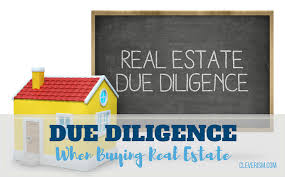 Now that we’re entering the Spring real estate market , we should anticipate that our real estate clientele will be entering into new real estate contracts for their real estate purchases. Certain clauses of such contracts should be negotiated in a particular manner, depending upon whether your attorney is representing a buyer or a seller.
Now that we’re entering the Spring real estate market , we should anticipate that our real estate clientele will be entering into new real estate contracts for their real estate purchases. Certain clauses of such contracts should be negotiated in a particular manner, depending upon whether your attorney is representing a buyer or a seller.
A seller may have decided to forego the services of a professional real estate agent or the property may have been on the market for an extended period of time. In these situations, the seller may be more amenable to certain requests of the buyer, such as making certain repairs before closing. The seller may not know that some of the requests are not customary or may need to move the property, which may result in more flexibility on such matters.
Your attorneys should pay particular attention to personal property issues , whether representing a buyer or a seller. The seller will be disappointed to find that a treasured chandelier was not excluded from the personal property to be sold with the house. A buyer may not approve of the removal of wall scones, without repairs being made to the wall after removal.
 New York Real Estate Lawyers Blog
New York Real Estate Lawyers Blog










